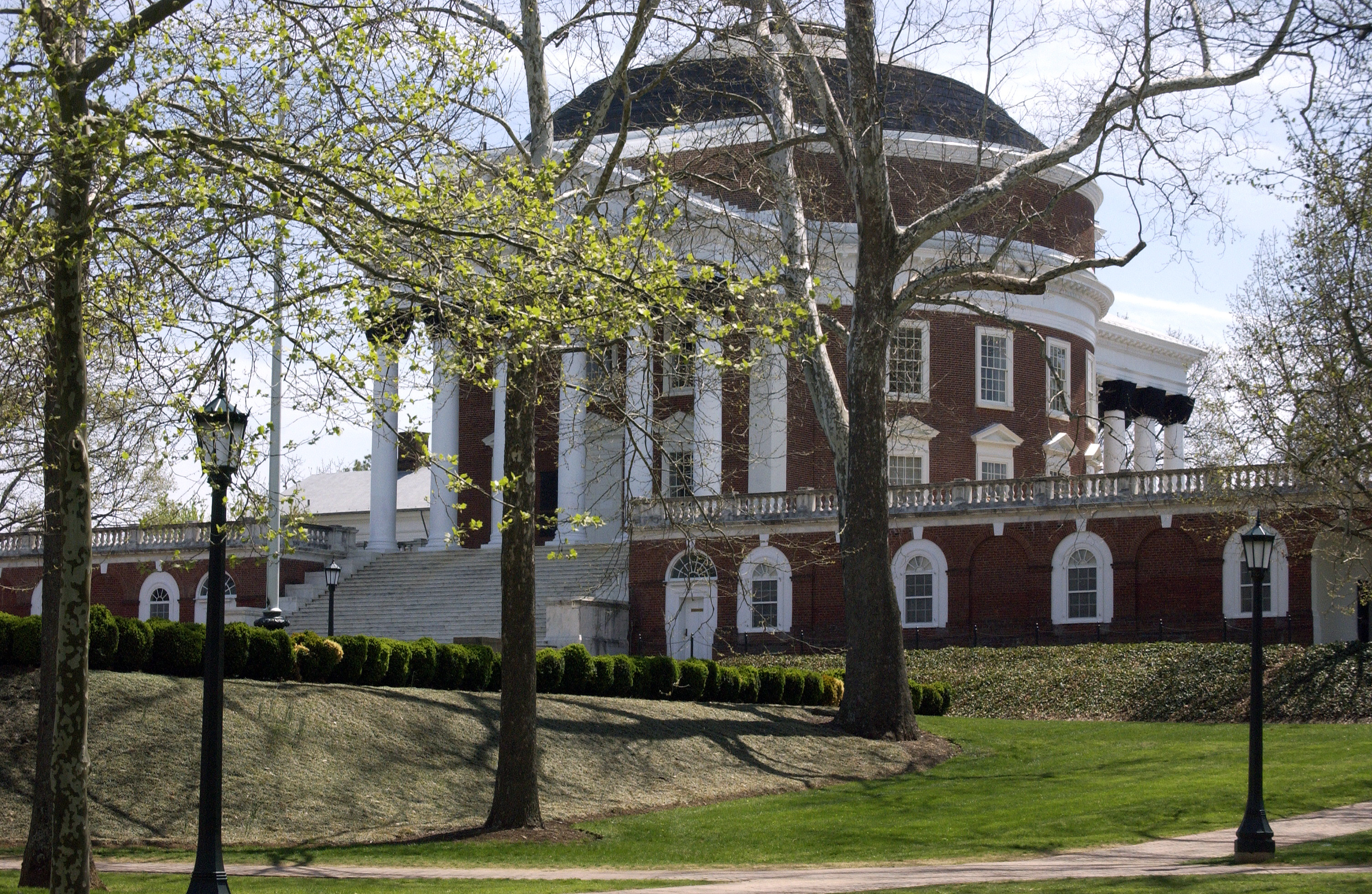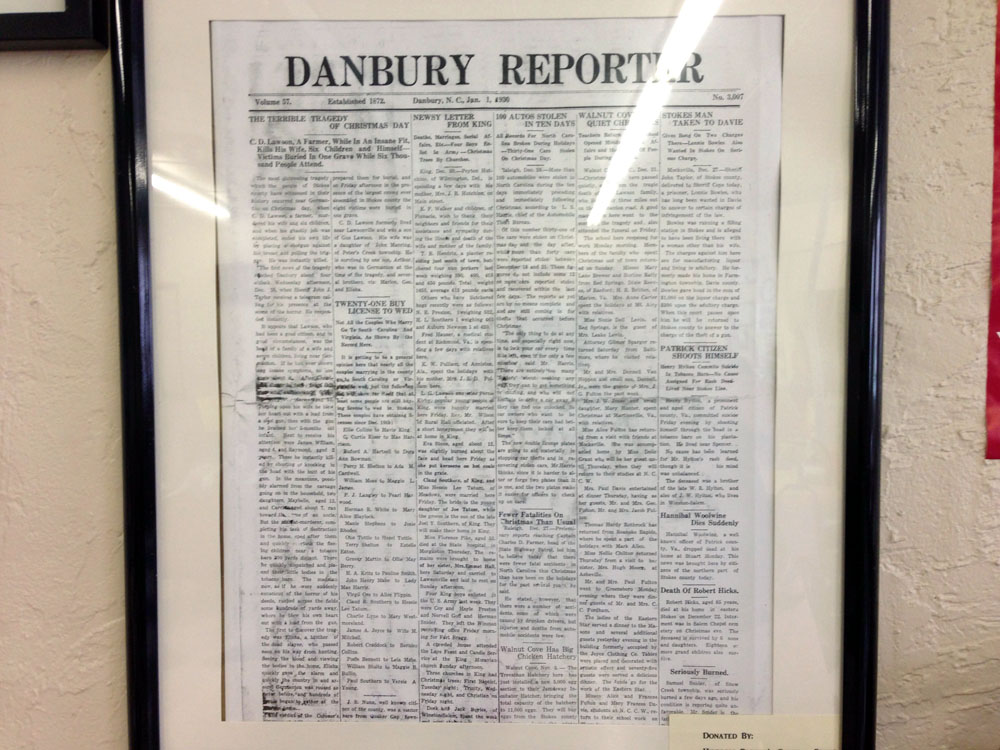It occurs to me that I have never fully explained my grudge against Rome. It’s because I’m a Celt.
Back in 2006, I signed up for a DNA test. I learned a great deal from it, including the fact that I do indeed have common ancestors with the notorious Dalton Gang, though that’s a story for another time. The thing I learned, though, that affected me even more than that is that my genetic haplogroup is R1b-M222. So what does that mean?
A haplogroup can be thought of as a clan, or an extended tribe. In the old world, members of the same haplogroup occupied the same territories and tended to migrate together. Geneticists use haplogroups to study ancient human migrations. Haplogroups persist across thousands of years.
The haplogroup R1b-M222 is still very much being studied by geneticists. It is a Celtic group identified with the La Tène branch of the Celts. The La Tène Celts flourished around 450 B.C. in a large area of Europe focused around Switzerland. They migrated to the British Isles and were well established in England and Scotland by 200 B.C. They migrated into Ireland and became one of the dominant haplogroups in parts of Ireland, particularly Northern Ireland and the northern counties of the Irish Republic.
In 2006, geneticists at Trinity College, Dublin, publicized research which they said showed that living humans of the R1b-M222 haplotype were descendants of the 4th century Irish king known as Niall of the Nine Hostages. Niall was extremely powerful. In fact, he is the Irish king who is said to have brought Saint Patrick to Ireland, as a captive. He was so powerful, geneticists thought, that he was able to consort with a great many women and thus father a great many children. However, later research discredited that theory, because the R1b-M222 haplotype seemed to mark early migration into Ireland as well as later migration out of Ireland. Niall of the Nine Hostages was certainly an R1b-M222, but he’s not fully responsible for spreading the haplotype. Geneticists now think that the R1b-M222 haplotype is instead the La Tène marker.
What this boils down to is that, because of my genetic markers and because of the research done by today’s geneticists, I can know with high confidence where my ancestors were centuries ago. In 200 B.C., they were almost certainly in northern Britain. In 400 A.D. by the time of Niall, they were probably in the northern parts of Ireland.
There is something very powerful about knowing with high confidence where one’s ancestors were many centuries ago. This is not abstract to me. They are my grandmothers and grandfathers. If they were abused and oppressed, I take that very personally.
Rome committed all sorts of atrocities against my grandmothers and grandfathers. Though it may offend many people for me to say this, I also hold the Roman imperial religion, Christianity, in contempt. Its theologies and texts are weak, and all the nice parts of its theologies and texts were borrowed (don’t take my word for it — ask a theologian). Historically, the atrocities committed in the name of Christianity are worse, if that is possible, than the atrocities of the Romans. To me, it’s scarcely surprising that Rome chose Christianity as the state religion. They were a perfect match. I am unimpressed by what Christianity claims to be. I have tried to cultivate a long memory, so I am only concerned with what the historical record shows it to be. The long research that went into Fugue in Ursa Major, and which continues for the sequel, has only strengthened my views.
The Celts were warlike people. There’s no doubt about that. In that era, if you didn’t wage war you didn’t last long, and the Celts lasted for centuries. And no doubt there were elements of the Celtic religion that today we would find offensive. But they honored nature, and they were some of the nicest, most creative, most knowledge-loving people in the ancient world, as far as I can tell.
If there are vestiges of Celtic culture to found today, of course that would be in Ireland, Scotland, Cornwall, Wales, and Brittany. Fifteen centuries of Christian domination have certainly changed Ireland, but I believe the spirit of the Celts can still be detected in the Irish love of music, of poetry, of love for the land, of simple and peaceful rural life. The Irish never conquered anyone, never sought empires and great wealth. In many ways, in spite of growing Catholic domination (and some help from Irish Catholic monks who were barely Christianized for centuries), Ireland kept the lights on during the Dark Ages. The Irish have been obliged to fight repeatedly for their way of life, and they never sought to impose it on others. What about Britain, you might ask. Isn’t Britain Celtic? Wales, Cornwall, and Scotland — yes. But the imperial English, I would argue, got their spirit from the Saxons, Germanic conquerers from the north who occupied England. Even today, the enmities between England and provinces such as Wales are remnants of the old Celtic-Saxon hostilities. It is a miracle that the old Celtic languages still have a toehold in those places.
The Celtic peoples who remain today — the Irish, Welsh, Scottish, and Cornish, not to mention the Bretons — have always wanted, more than anything, to be left alone. I am proud to have them as my grandmothers and grandfathers.






















